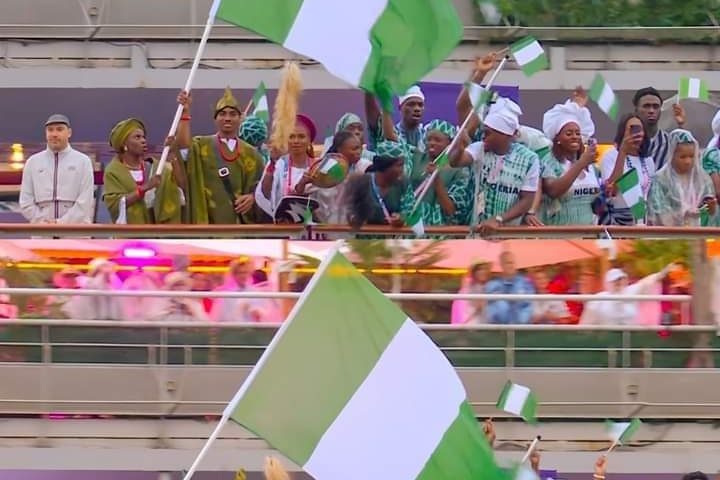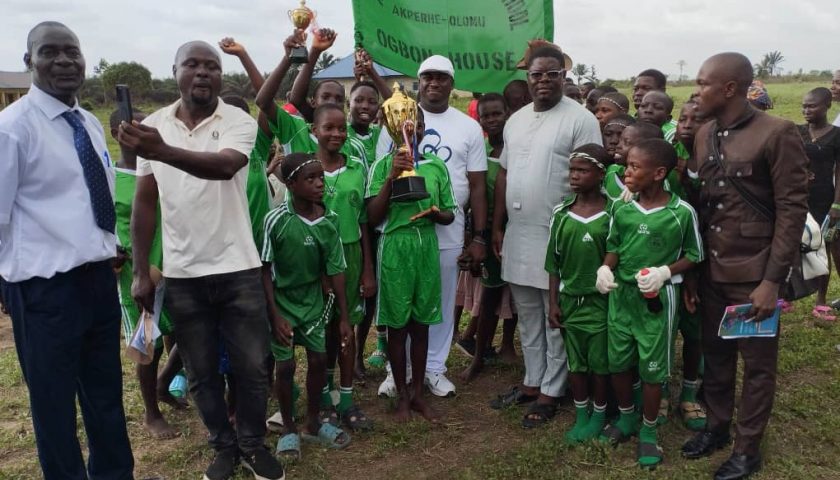As Barcelona and Argentina superstar Lionel Messi enters his fourth decade, one question remains: what else is there for him to win at club level? The bantam boy from Rosario has developed into one of football’s greatest ever players and achievers, tearing up the record books with his 500 goals for and 17 major trophies with Barca.
While contemporaries and past greats can boast similar records, we must remember that in Messi’s case, all this has been accomplished before the age of 30 – a milestone he reaches today.
Messi arrived in Catalonia as a prodigious 13-year-old, a junior sensation with hometown club Newell’s Old Boys, after Barca director Charly Rexach proffered a contract written on a napkin.
Initially stricken by homesickness and hampered by a growth hormone deficiency which Newell’s had neglected to treat, Messi let his football do the talking, running rings around his titled team-mates in training at La Masia.
His predecessor as Nou Camp headliner, the abundantly talented Ronaldinho, took a shine to the shy boy and encouraged then boss Frank Rijkaard to promote him to the first team in 2005.
Messi never looked back. Once Barca had swerved a big-money bid from Inter Milan, the 18-year-old striker began to steadily lock down a starting place and was unfortunate to miss the Champions League final victory over Arsenal in Paris.
That disappointment behind him, he spearheaded Barca’s domestic revival under Pep Guardiola. He had taken the No.10 shirt from the departed Ronaldinho in the summer of 2008 and the season that followed ended with 38 goals in all competitions and a league, cup and European treble.
Now an immovable object in the starting XI under Guardiola playing mainly on the right wing, Messi improved his already fantastic goalscoring record to establish himself as that most modern of footballers – the false nine.
Four consecutive Ballon d’Or awards went his way as he carried Barca into the post-Guardiola era and in 2011-12 he notched an eye-watering 73 times – not enough to stop Real Madrid winning La Liga.
A succession of injuries and doubts about his long-term future in Barcelona meant performances dipped before the 2014 World Cup, but in Rio Messi fired Argentina to the final.
Heartache followed as Germany outclassed the Albiceleste, with whom Messi has failed to win a trophy across his 118 caps.
Such has been the level of his frustration over a drought of honours on the international stage, Messi briefly turned his back on his national team last year, only to reverse his decision inside two months.
When he has faced grievance and irritation in Spain, there has typically been one man to blame. If Barca wobble, it is usually because Messi’s fiercest foe Cristiano Ronaldo is in his pomp.
Without the prolific Portuguese, Messi would be the undisputed king of Spain, but it has been in battles between the pair – at least twice annually in El Clasico – when the latter has shown any weakness.
His rivalry with Ronaldo has, however, spurred him on to push the boundaries and there is a sense Messi will remain at the Nou Camp until he has seen off the threat once and for all.
Beyond his ongoing mission to taste glory with Argentina, Messi must know that prizes twinkle in the Premier League, where clubs including Manchester City and Chelsea could afford him.
He has recently stated his intention to retire with Barca, but for the man nicknamed ‘La Pulga’ – or ‘The Flea’ in English – there ought to be another itch to scratch beyond the limits of the Spanish giants.
Source: Belfast Telegraph





